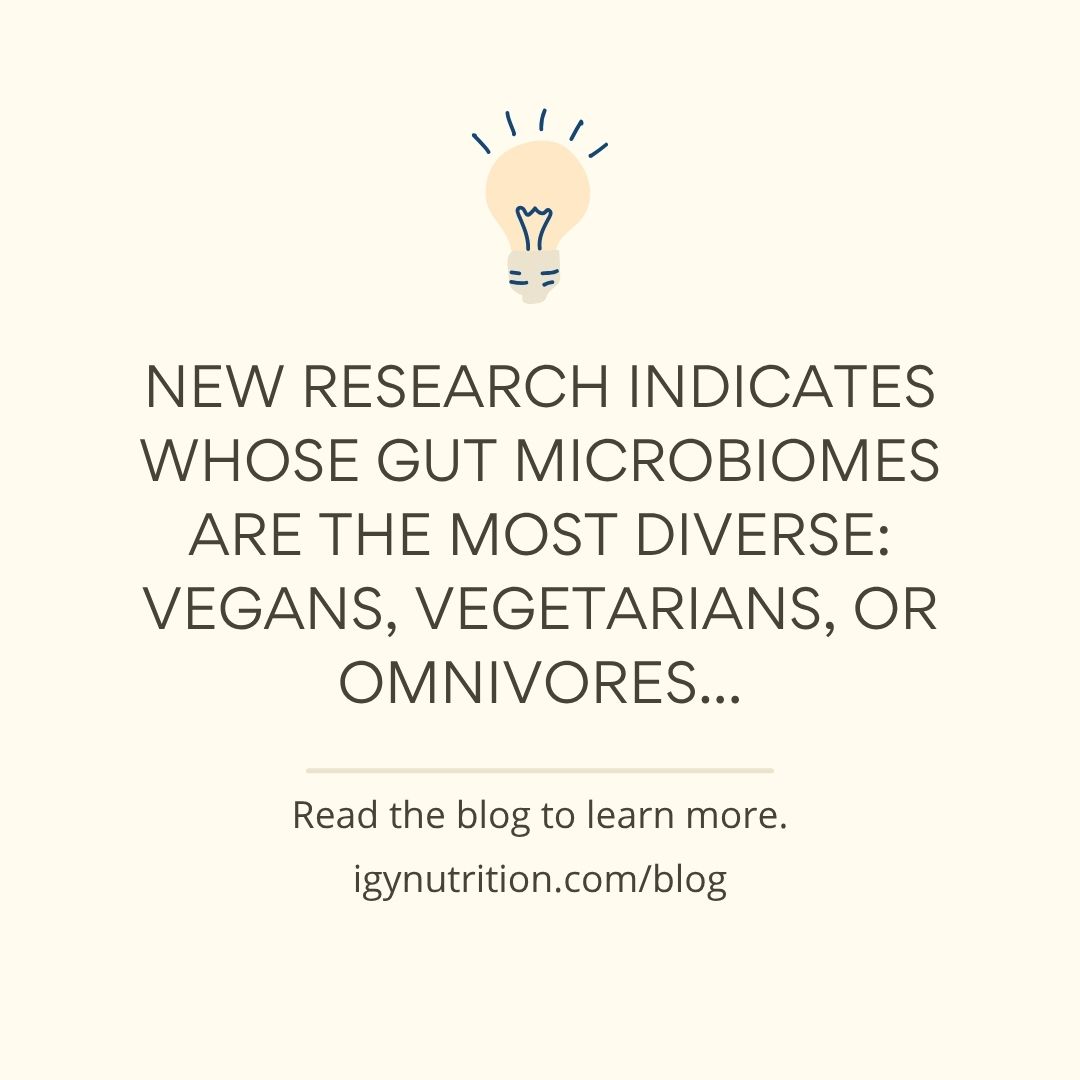If your gut could talk, what would it say about your eating habits? A new large-scale study may have the answer. By examining the gut microbiomes of over 21,000 people across the UK, US, and Italy, researchers discovered that what we eat leaves a clear microbial fingerprint—and it may affect more than just digestion. The microbes in your gut could be influencing your overall health, especially your cardiometabolic risk.
The Study at a Glance
Participants self-identified as omnivores, vegetarians, or vegans and provided stool samples for microbiome analysis. Many also completed detailed food intake questionnaires, allowing researchers to assess not just diet labels, but actual food patterns. With all this information, scientists were able to predict diet type based on gut microbes with an impressive 85% accuracy.
Your Diet Shapes Your Microbial Community
Each diet supported a different microbial profile:
- Omnivore guts were rich in Ruminococcus torques, Bilophila wadsworthia, and Alistipes putredinis — bacteria associated with digesting meat and bile acids, but also linked to inflammation and less favorable health markers.
- Vegetarian and vegan guts had higher levels of fiber-loving microbes like certain Lachnospiraceae, Butyricicoccus species, and Roseburia hominis, known for producing beneficial compounds like butyrate.
- Dairy-loving microbes like Streptococcus thermophilus and various Lactobacillus species were more prevalent in omnivores and vegetarians, but nearly absent in vegans.
Interestingly, vegans and vegetarians had slightly lower overall microbial diversity than omnivores. However, diversity isn’t everything—the function and type of microbes may matter more than just quantity.
Food-Microbe Connections
The study highlighted clear relationships between specific foods and microbial populations:
- Higher meat intake was tied to more omnivore-associated microbes.
- Greater fruit and vegetable intake was linked to more vegan and vegetarian-associated microbes.
- Dairy consumption promoted the presence of dairy-origin microbes in the gut.
There was also evidence that certain microbes come directly from food (called food-to-gut transmission). For example, Streptococcus thermophilus and Lactobacillus species found in yogurt or cheese were also present in the guts of dairy-eating participants. Vegans, on the other hand, had more plant- and soil-associated microbes, which might reflect their higher intake of raw or minimally processed plants.
Health Implications: What Do These Microbes Do?
The big takeaway? Microbes linked to omnivorous diets were generally associated with worse cardiometabolic health markers, like increased inflammation and higher risk for metabolic disease. Vegan-associated microbes were tied to more favorable markers, including better metabolic function and reduced inflammation. Vegetarian-associated microbes fell somewhere in between.
Researchers also found that plant-based microbes were better equipped to break down complex plant compounds and generate anti-inflammatory molecules. In contrast, omnivore-associated microbes excelled at breaking down animal proteins and bile acids, but these processes may create more pro-inflammatory byproducts.
What This Means for You
You don’t have to go fully vegan to see benefits. The study showed that simply increasing your intake of healthy plant-based foods—fruits, vegetables, legumes, and whole grains—can shift your gut microbiome toward a healthier, more anti-inflammatory profile.
Final Thoughts
Your gut microbes are like a mirror, reflecting your diet choices and influencing your long-term health. Whether you’re an omnivore, vegetarian, or vegan, what matters most is the quality and variety of the foods you eat. Adding more plant-based foods to your plate can support beneficial gut bacteria, improve metabolic health, and maybe even help your gut “garden” thrive for years to come.
Want to support your gut microbiome even more? Check out our science-backed gut health solutions at IgY Nutrition.





Leave A Comment